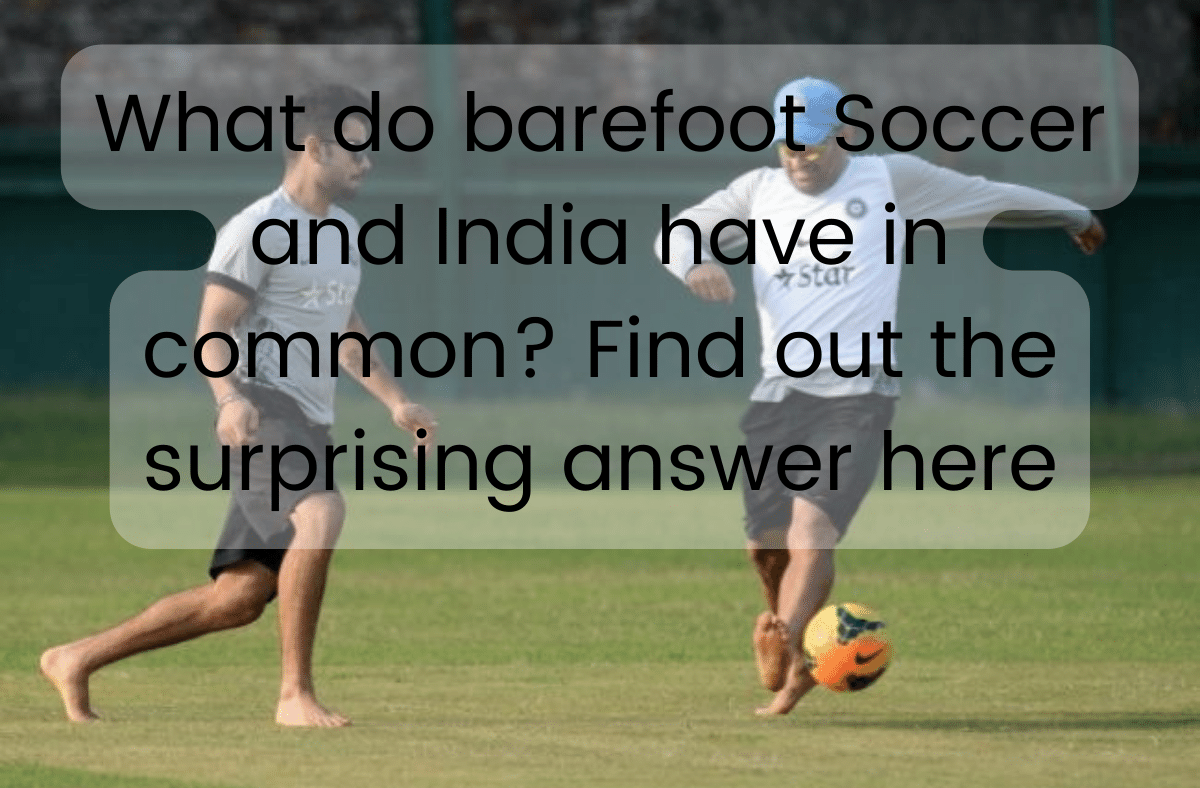For those in a hurry:
- An ultramarathon is any race longer than a marathon (26,2 miles) (42,16 km).
- The longest ultramarathon can be up to 1000 km (621 miles), which is like running from New York to Chicago and back.
- Ultramarathons are very challenging and require months of training, proper nutrition, and mental toughness.
- Only a small percentage of people participate in ultramarathons, and they are not recommended for beginners or casual runners.
What is an ultramarathon?
If you think running a marathon is hard, imagine running two, three, or even four marathons in a row. That’s what some people do when they sign up for an ultramarathon, the longest running race in athletics.
An ultramarathon is any race that is longer than a marathon distance of 26.2 miles. The most common distances for ultramarathons are 50 km (31 miles), 100 km (62 miles), 50 miles (80 km), and 100 miles (160 km). But some races go even further, up to 200 miles (320 km) or more.
Some ultramarathons are based on time rather than distance. For example, some races last for 6 hours, 12 hours, or 24 hours, and the winner is the one who covers the most distance in that time. Some races also involve obstacles or challenges, such as mud, hills, or extreme weather.
Ultramarathons take place all over the world, often in remote locations or on trails. Some of the most popular and prestigious races include the Western States 100 in California, the Comrades Marathon in South Africa, the Spartathlon in Greece, and the Marathon des Sables in Morocco.
Why do people run ultramarathons?
You might wonder why anyone would want to run such a long distance and put themselves through so much pain and suffering. Well, there are many reasons why people run ultramarathons, but they all boil down to one thing: passion.
Ultrarunners are passionate about running and pushing their limits. They enjoy the challenge of testing their physical and mental endurance. They love the adventure of exploring new places and experiencing nature. They also appreciate the camaraderie and support of other runners and volunteers.
Ultrarunning is not just a sport; it’s a lifestyle. Ultrarunners spend months training for their races, following strict schedules and routines. They also pay attention to their nutrition, hydration, recovery, and injury prevention. They often sacrifice other aspects of their lives, such as family, work, or social activities, to pursue their goals.
Ultrarunning also gives runners a sense of accomplishment and satisfaction. Completing an ultramarathon is no easy feat; it takes dedication, perseverance, and courage. Crossing the finish line is a rewarding and emotional moment that many runners cherish for life.
How do you train for an ultramarathon?
Training for an ultramarathon is not something you can do overnight. It requires a lot of planning, preparation, and commitment. Here are some general tips on how to train for an ultramarathon:
- Start with a solid base of running experience. You should have completed at least one marathon before attempting an ultra.
- Choose a race that suits your abilities and preferences. Consider the distance, terrain, elevation, climate, and cut-off times of the race.
- Follow a specific training plan that gradually increases your mileage and intensity. Include long runs, back-to-back runs, speed work, hill work, and recovery days.
- Simulate the race conditions as much as possible. Train on similar terrain and elevation as the race course. Practice running at the same time of day and with the same gear and nutrition as you will use on race day.
- Listen to your body and avoid overtraining. Take rest days when needed and adjust your plan if you feel tired or injured. Seek professional advice if necessary.
- Have fun and enjoy the process. Don’t forget why you are doing this and celebrate your achievements along the way.
What are the risks and benefits of ultrarunning?
Ultrarunning is not for everyone. It has its risks and benefits that you should weigh before deciding to take on this challenge.
Some of the risks of ultrarunning are:
- Injury: Running long distances can cause stress fractures, tendonitis, blisters, chafing, and other injuries. You should consult your doctor before starting any training program and seek medical attention if you experience any pain or discomfort.
- Illness: Running for hours can weaken your immune system and make you more susceptible to infections, colds, or flu. You should also be aware of the signs and symptoms of dehydration, heatstroke, hypothermia, or hyponatremia (low sodium levels), which can be life-threatening if not treated promptly.
- Burnout: Running too much or too hard can lead to physical and mental exhaustion, loss of motivation, or depression. You should balance your training with rest, recovery, and other activities that bring you joy and relaxation.
Some of the benefits of ultrarunning are:
- Fitness: Running long distances can improve your cardiovascular health, muscular strength, endurance, and metabolism. You can also burn a lot of calories and maintain a healthy weight.
- Mental health: Running can boost your mood, confidence, self-esteem, and creativity. It can also reduce stress, anxiety, and depression. Running can also teach you valuable skills such as goal-setting, problem-solving, and coping with adversity.
- Social health: Running can connect you with other like-minded people who share your passion and support your goals. You can make new friends, join a community, or even find a partner through running.
Conclusion
Ultramarathon is the longest running race in athletics, and it’s not for the faint of heart. It requires a lot of training, dedication, and passion to complete such a feat.
But for those who love running and are willing to take on the challenge, ultramarathon can be a rewarding and fulfilling experience that can change their lives for the better.
If you are interested in ultramarathon, do your research, find a race that suits you, and start training. But remember to have fun and enjoy the journey.
You never know what you are capable of until you try.






















